Chronicling urban transformation
Updated: 2016-06-17 07:55
By Liu Xiangrui(China Daily)
|
||||||||
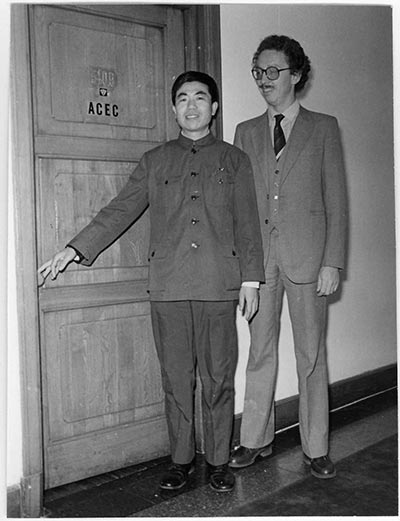 |
|
Local residents mostly dress in dark-colored suits in the 1980s. Kerckhove poses in the China office for the Belgian company ACEC in Beijing in 1981. [Photo provided to China Daily] |
Originally from Ghent in Belgium, where he got a master's degree in electronic engineering in 1973, Van Kerckhove has spent a big part of his life working for multinationals in foreign countries, including Brazil, Nigeria, Spain, Thailand and Myanmar.
Despite the discouragement and doubts expressed by his family and friends, who viewed China as a poor and unsafe country back then, Van Kerckhove accepted the task of setting up a China office for the Belgian company ACEC in Beijing in 1980.
"I did not plan to stay for so long. Then, one more year and one more year, and I am still here," he says in his home office in Beijing.
Since then, Van Kerckhove has lived on and off in China for more than 30 years, working mostly in Beijing, but also in Hong Kong and Shanghai.
Even though he has worked in other countries in between, he always chose to come back to China, which he calls his "second home".
In his early years in China, he was involved in many major construction projects, such as Line 3 of Shanghai's subway and Jinmao Tower, one of the landmark skyscrapers in Shanghai, when he was the regional director of French company Alstom's East China branch.
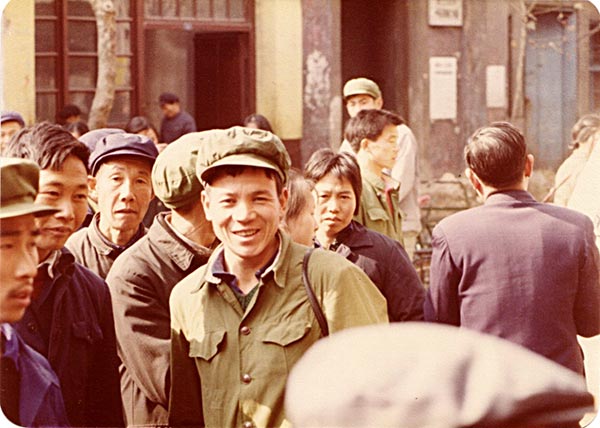 |
|
The country's transformation over the past three decades is recorded in the photos taken by Gilbert van Kerckhove. [Photo provided to China Daily] |
In 1999, he started his own company, which offers management and strategy consulting to both foreign and Chinese organizations.
Van Kerckhove's international background and rich experience in business are also valued by Beijing's municipal authorities.
For many years, he has been assisting the city in economic studies and foreign-investment promotion.
He was deeply involved in the preparations for the 2008 Beijing Olympics from the early stages, assisting the city's government in fundraising, tendering and economic planning related to the Games.
Appointed as a senior consultant for the Olympic Economy Office of the municipal government, Van Kerckhove called himself a "lobbyist" for Beijing and a "bridge" between the administration and foreign businesses.
He used his own international connections and worked hard to collect feedback on foreign concerns. He also explained in detail to the foreign community the Chinese government's goals, guidelines and interest in seeking foreign involvement in major projects.
He recalls how the authorities carried on with the preparations for the Games even when Beijing was threatened by the SARS epidemic in 2003.
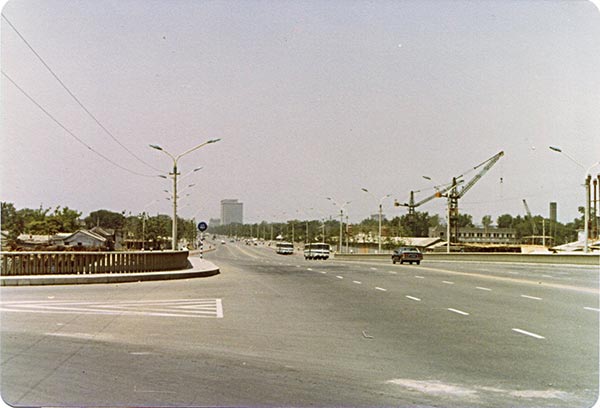 |
|
Beijing's Chang'an Avenue in the early 1980s. [Photo provided to China Daily] |
Many offices and public venues had to be closed down for safety concerns. At times, for convenience, the tendering team for the Beijing Games gathered at Van Kerckhove's home office to hold discussions.
"Some major projects, including the Bird's Nest and the Water Cube, were discussed at my home," says Van Kerckhove.
Van Kerckhove still maintains close ties with, and offers consultancy to, several central government and Beijing municipal departments.
"I have a big mouth and a bit of courage," says Van Kerck-hove, explaining how he won the trust of the Chinese government.
"My approach is simple. I offer what is good and bad for them, and give opinions honestly and complain constructively. Then I offer solutions and start working."
For his contributions to the development of China and the local economy, he has received a number of prestigious awards and appointments from the Chinese government.
He received the Friendship Award from the central government in 2005. The award is the highest honor given to foreigners who have made significant contributions to China's development.
After spending decades in China, he has accumulated keen insights about Chinese culture, society and government administration.
Nowadays, he is a frequent speaker on a large variety of topics related to the Chinese economy, business environment, society, mentality and the urban development of Beijing.
He gives briefings to business executives and lectures in a few Chinese universities.
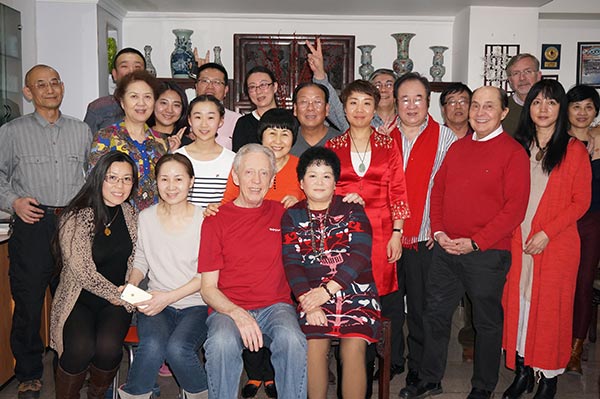 |
|
Gilbert van Kerckhove with his family and friends at his home in Beijing. [Photo provided to China Daily] |
Now living in Beijing with his Chinese wife, Van Kerck-hove enjoys life like a local.
"This is my home. Beijing is very cosmopolitan now. It offers everything you need, and I can enjoy life here," says Van Kerckhove, who was granted a Chinese green card in 2008.
He says life today in Beijing is in sharp contrast to the early days, when he had to endure a monotonous life outside work as there were few things to do and places to visit back then.
Van Kerckhove is very impressed by how the city itself has transformed over the years. One of the most remarkable changes has been the transformation of Beijing's Third Ring Road from farmland to numerous skyscrapers, he says.
As a fan of photography, he has documented the changes in China through his lens.
"I've taken a lot of pictures to show how a city changes," he says.
"Even young people in China have no idea how their country has transformed in the past 30 years. There is no comparison in the world."
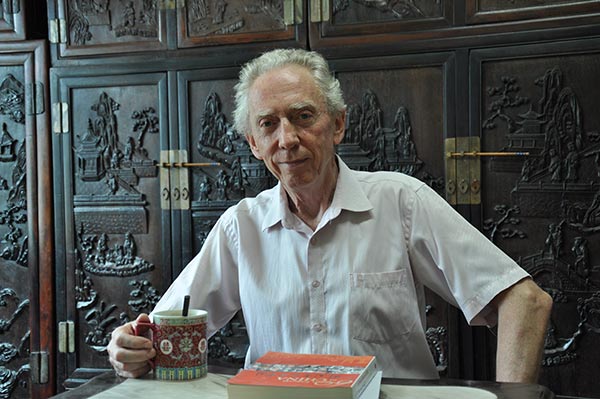 |
|
[Photo provided to China Daily] |
Though he has a busy schedule, Van Kerckhove has traveled to many places in China, such as the Shaolin Temple in Henan province and Xi'an city in Shaanxi province.
Meanwhile, he has set up a website of his pictures, and encourages people to contribute photos recording China's society and landscapes.
Van Kerckhove closely follows and comments on issues related to China, including the environment. An active blogger, he published a book called Toxic Capitalism in 2012, which is a study of environmental issues and overconsumption.
"As an engineer, I've always cared about waste and pollution," he says.
Van Kerckhove says he spent four months doing research for the book, and often worked late during that time.
The business strategist, who is a regular at the gym, also enjoys biking in Beijing.
Besides business, he is also actively involved in many social associations in the city, such as the Rotary Club.
He has even established a club called "Old China Hands" to bring together expatriates who have lived in China for more than 10 years.
"Everybody (in the club) has his experiences and problems to share. It's good fun to talk to them," he says.
Related:
Expats engaging more with Chinese life
Forty percent of expats consider business start-ups in China
- Planned Obama, Dalai Lama meeting protested
- Gravitational waves detected for second time: scientists
- 48-hour 'silence regime' starts in Syria's Aleppo
- UN Security Council adopts resolution on Libya arms embargo
- US extradites top drug lord 'El Guero Palma' to Mexico
- Houston firm joins China clean energy project
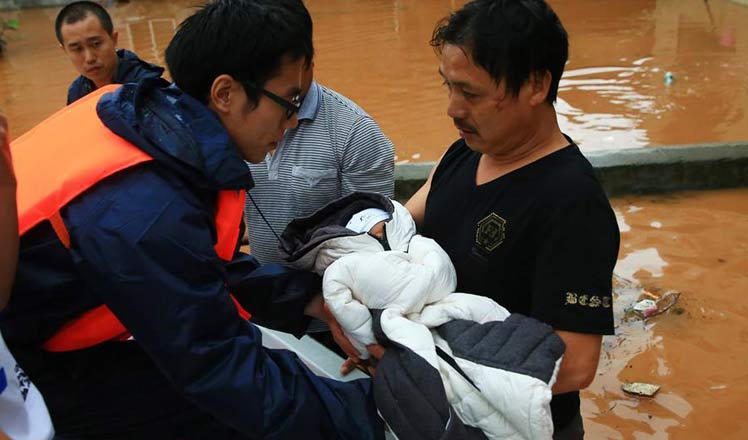
 Floods cause havoc across south, central China
Floods cause havoc across south, central China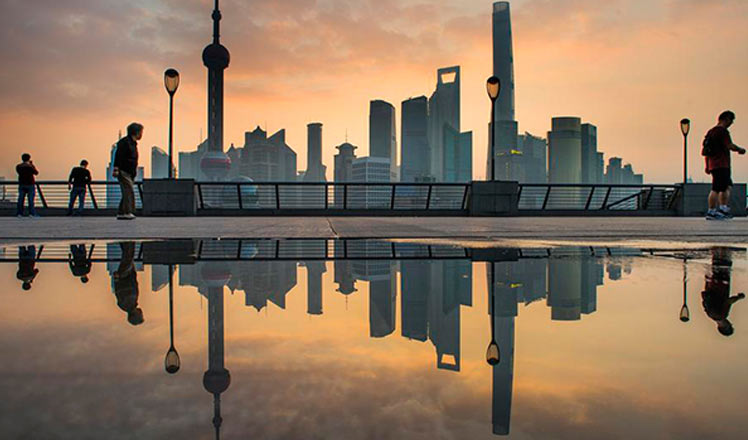
 Top 10 Chinese cities with highest housing rent
Top 10 Chinese cities with highest housing rent
 Polish art rediscovers its roots
Polish art rediscovers its roots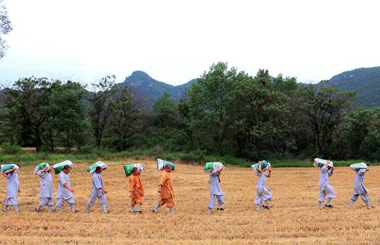
 'Zen harvest' in Shaolin Temple
'Zen harvest' in Shaolin Temple
 Handsome salary of helicopter pilot lures college applicants
Handsome salary of helicopter pilot lures college applicants
 Rio Olympics unveils medals
Rio Olympics unveils medals
 New photos capture life in China
New photos capture life in China
 Fair ladies at Royal Ascot
Fair ladies at Royal Ascot
Most Viewed
Editor's Picks

|

|

|

|

|

|
Today's Top News
Abe's blame game reveals his policies failing to get results
Ending wildlife trafficking must be policy priority in Asia
Effects of supply-side reform take time to be seen
Chinese State Councilor Yang Jiechi to meet Kerry
Chinese stocks surge on back of MSCI rumors
Liang avoids jail in shooting death
China's finance minister addresses ratings downgrade
Duke alumni visit Chinese Embassy
US Weekly

|

|







